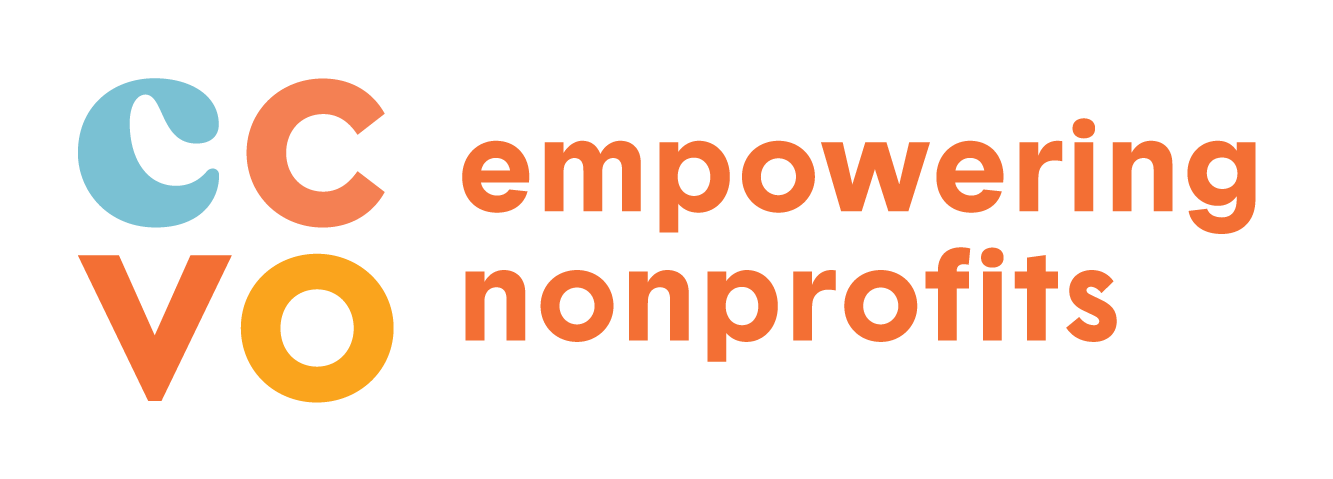Budgeting Basics
By CCVO Guest Blogger Robin Butler, Supervisor NPO Division, Baker Tilly Catalyst
Not too long ago, we wrote a post on the CCVO blog about budgeting in uncertain times as we all navigated the impacts of the pandemic. You can view that post here. We decided to refresh that blog and remove a bit of the uncertainty from it, as we move forward. Although there are always some unknowns when budgeting, these basics will help you get started and be prepared, without the major uncertainties we have faced in previous years.
Budgeting is necessary for the success of your agency. These guidelines and tips can be utilized to plan your budgeting process for the year.
WHAT IS A BUDGET?
First, it’s important to understand what a budget is and how it helps define your course for the coming year. A budget is a guide that can be either accrual or cash-basis format. It’s reviewed regularly (usually quarterly) and is utilized by board members, members of the organization, and potential funders and donors. It’s important to take the budgeting process seriously as it helps you discover new strategies, see if you’re on track, and make informed decisions.
BUILDING YOUR BUDGET
Look at historical data as a starting point. Though things can change in an instant, your history is the best resource you have right now for planning for the future.
Consider the facts you know about the upcoming year. If you know there are certain donations coming in, upcoming events planned, changes to programs and fundraising strategies, input those into your budget. Once all information is compiled, review where you are and assess where things may change. Be flexible with your budget. Try scenario planning for major changes. Evaluate your fixed and variable expenses.
Plan for the worst-case scenario. You can still create a best-case scenario as well, but it is best practice to plan for the worst case and pivot as things play out.
If you feel there could be multiple what-if scenarios that would have a major impact on the organization, you should also build a contingency budget to cover these major potential changes. If you build a budget separate from your main budget that you will only utilize should you need it, it can help take away some of the stress from uncertainties when you are budgeting well ahead of grant agreements and program finalizations.
NON-CASH CONSIDERATIONS
There are a few non-cash considerations you should take into account. These include amortization (you can use last year’s as a starting point to calculate, but if you have any large asset purchases or disposals keep in mind your amortization will change) and deferred contributions.
For deferred contributions, consider: Is there any revenue deferred from the prior year’s programs that will be utilized in the current year? Is there any revenue coming in this year that needs to last more than one year?
INCREASE FUNDRAISING AND DIVERSIFY REVENUE STREAMS
Unforeseen circumstances may still happen, the best way to account for that is to fundraise and create a buffer for those circumstances.
Show donors that you are an important cause. Consider using new avenues in addition to your traditional ones to attract more donors. Similarly, continue to focus on current donors and communicate with them more frequently to increase donor retention.
If you can create additional revenue streams other than donor dollars, such as fundraising events, you can increase revenue flow to help for a rainy day.
ADJUST YOUR TOLERANCE
Consider what your tolerance for lost revenue will be if times get rough. Then if you get to that point, you know you will have to make changes, such as adjustments to fixed expenses.
If you have any questions, don’t hesitate to reach out.
REFERENCES
Robin Butler presentation: Balanced Budgeting
About Baker Tilly Catalyst
Baker Tilly Catalyst works extensively with Not-for-Profits and registered charities on all accounting-related matters including bookkeeping, financial and tax reporting, audit support and senior financial professional outsourcing (CFO support). They also host virtual roundtable sessions to assist charities with their operations.
With a team of dedicated specialists in this area, Baker Tilly Catalyst becomes a key member of the Not-for-Profit or registered charity’s team to align performance and organizational goals.
Feel free to contact Robin at 403-767-1546 or rhbutler@bakertilly.ca

